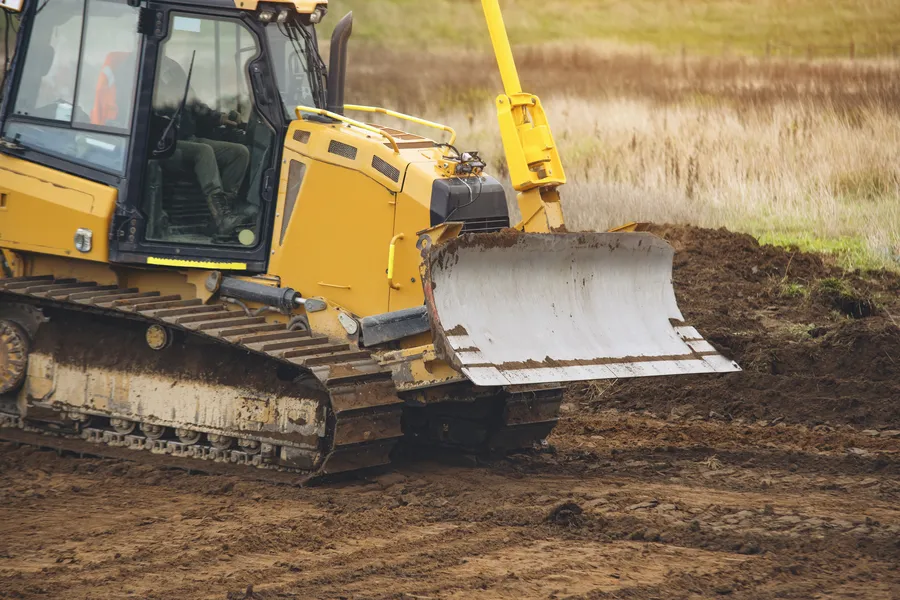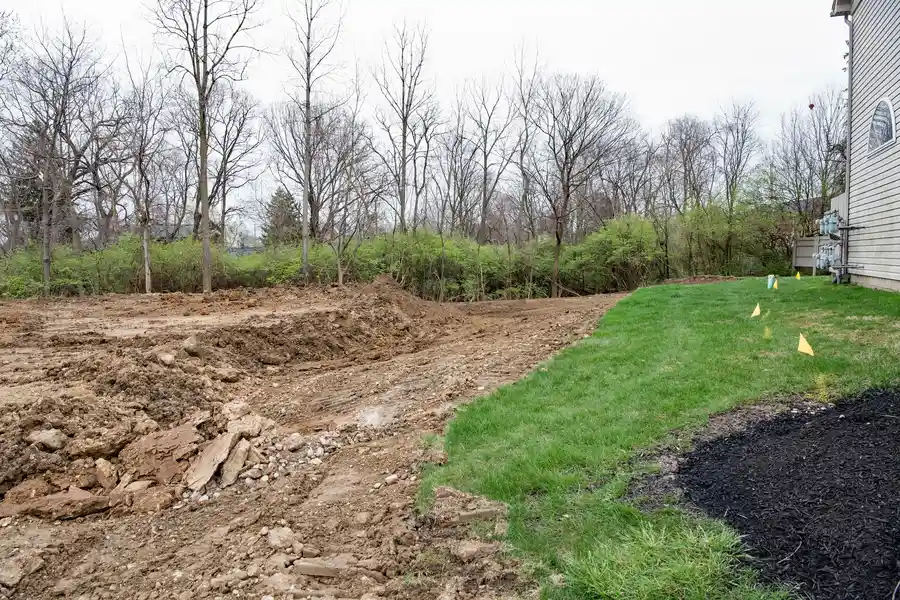Understanding the Role of Soil Preparation in Farming
In agriculture, preparing the land is crucial for successful crop growth. Proper soil preparation ensures optimal water absorption and nutrient distribution. Without this, plants may not grow to their full potential, leading to reduced yields. Farmers must pay close attention to how they prepare the soil to ensure a productive harvest.

Benefits of Proper Soil Preparation
When land is prepared correctly, it offers several advantages. First, it helps prevent waterlogging, which can harm crops. Second, it improves root penetration, allowing plants to access nutrients easily. Finally, it reduces soil erosion, which preserves essential topsoil for future planting seasons.
Challenges Farmers Face With Soil Preparation
Farmers often encounter various challenges when preparing their land. These can include dealing with rocky terrain or uneven fields, which can make equipment use difficult. Additionally, unpredictable weather can disrupt preparation timelines, impacting planting schedules and overall farm productivity.

The Role of Land Grading in Overcoming Challenges
land grading is an effective solution for many soil preparation challenges. It involves leveling and reshaping the land to create a smooth, even surface. This method helps manage water flow and prevents pooling, which can damage crops. With land grading, farmers can ensure more consistent crop growth and better resource management.
Steps for Successful Soil Preparation
To prepare land effectively, follow these steps:
- Assess the land’s current condition
- Identify areas needing leveling or drainage
- Use appropriate equipment for land reshaping
- Test soil pH and nutrient levels
- Apply fertilizers and amendments as needed
Best Practices in Agricultural Land Preparation
Experts recommend several best practices to enhance soil preparation. Regularly testing soil ensures nutrient balance, while using cover crops can prevent erosion during off-seasons. Incorporating organic matter improves soil structure, and timely irrigation aids in maintaining soil moisture levels suitable for crops.
Industry Standards and Compliance in Farming
Adhering to industry standards is vital in agriculture. Farmers must comply with regulations regarding pesticide use and water management. Following these guidelines not only ensures crop safety but also protects the environment. Staying informed about changes in standards is crucial for maintaining compliance.
Cost Factors and Economic Considerations
Cost plays a significant role in farming decisions. Investing in proper equipment and techniques, like land grading, may have upfront costs but lead to long-term savings. Efficient water management reduces expenses, while healthy crop yields improve profitability. Evaluating cost vs. benefit helps farmers make informed decisions.
Your Path to Successful Farming Practices
Adopting sound agricultural practices can transform farming operations. By investing time and resources into proper soil preparation, farmers can boost productivity and sustainability. Those looking to enhance their approach should consider expert guidance tailored to their land’s unique needs. For inquiries or support, contact us at (931) 307-3210. Based in Estill Springs, TN, we offer reliable advice and solutions. Trust Finney's Excavation and Land Services to help you achieve farming success through innovative methods and dedicated service.
